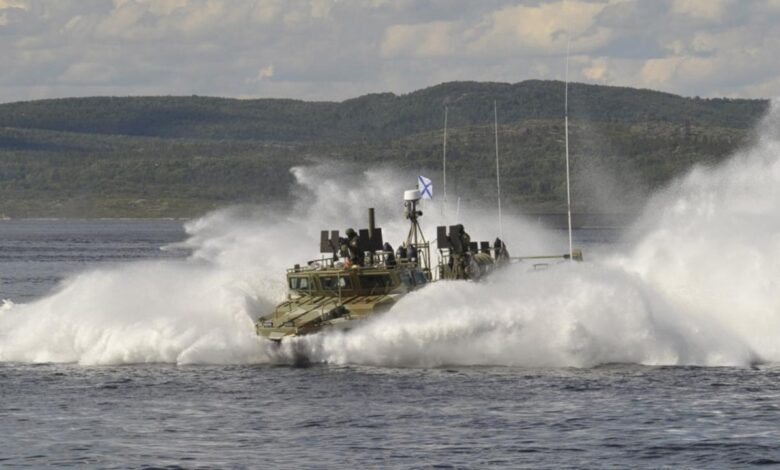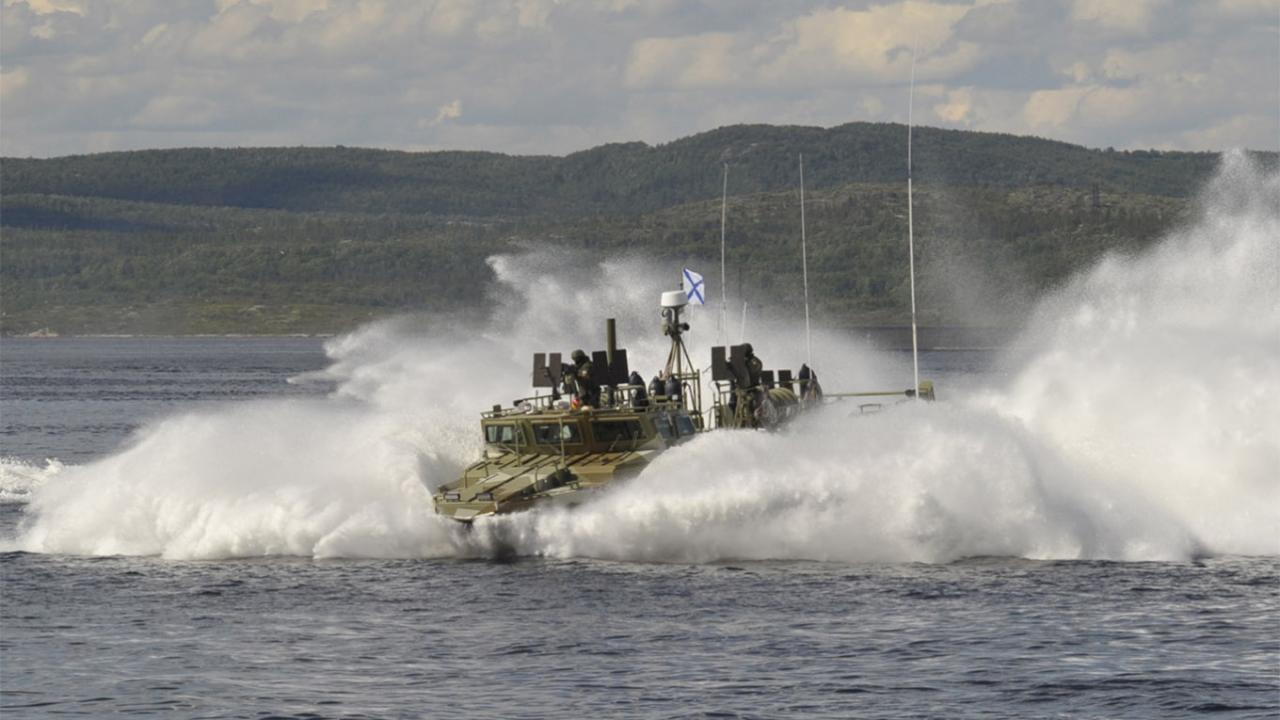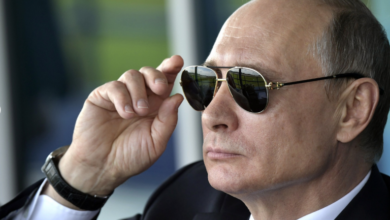
Sweden Boosts Baltic Sea Defense Amid Russia Tensions
Sweden to strengthen military infrastructure in baltic sea amid tensions with russia, a move that reflects a dramatic shift in its security posture. Historically neutral, Sweden has been gradually increasing its defense spending and modernizing its military capabilities in response to Russia’s increasingly assertive actions in the region. The Baltic Sea, a vital waterway for trade and strategic importance, has become a focal point for this heightened military activity.
The decision to bolster Sweden’s defenses comes amid growing concerns over Russia’s military activities and rhetoric. Moscow’s annexation of Crimea in 2014 and its ongoing military build-up in the region have raised alarm bells in Stockholm and across Europe. Sweden’s government has stated that it is committed to deterring any potential aggression from Russia and ensuring the security of its citizens and allies.
Strengthening Military Infrastructure: Sweden To Strengthen Military Infrastructure In Baltic Sea Amid Tensions With Russia

Sweden’s strategic location in the Baltic Sea has always been a point of focus for the country’s defense posture. However, the recent escalation of tensions with Russia has led to a renewed emphasis on strengthening military infrastructure. This involves significant investments in modernizing the Swedish Armed Forces and enhancing its capabilities to deter potential threats.
Investments in Defense Technology
Sweden is investing heavily in new defense technology to bolster its overall defense posture. This includes acquiring advanced weapons systems, upgrading radar installations, and strengthening maritime patrol capabilities.
- New Weapons Systems: Sweden has already placed orders for new fighter jets, including the advanced Saab Gripen E, and is exploring the acquisition of long-range anti-ship missiles. These investments will significantly enhance the Swedish Air Force’s capabilities to defend against potential aerial threats.
- Radar Installations: Sweden is upgrading its existing radar network and investing in new, advanced radar systems to improve its ability to detect and track aircraft and ships in the Baltic Sea. This enhanced situational awareness will be crucial for early warning and response in the event of a crisis.
- Maritime Patrol Capabilities: Sweden is investing in new maritime patrol aircraft and vessels to enhance its ability to monitor and control the Baltic Sea. These assets will play a vital role in deterring potential aggression and protecting Sweden’s maritime interests.
Contributions to Defense Posture, Sweden to strengthen military infrastructure in baltic sea amid tensions with russia
These investments in defense technology will contribute to Sweden’s overall defense posture in several ways.
- Deterrence: The acquisition of advanced weapons systems and the strengthening of maritime patrol capabilities will demonstrate Sweden’s resolve to defend its territory and interests. This will deter potential aggressors from taking any hostile actions.
- Increased Resilience: The enhanced radar network and upgraded military infrastructure will improve Sweden’s ability to respond to a wide range of threats, including cyberattacks, hybrid warfare, and conventional military aggression.
- Enhanced Cooperation: The increased military capabilities will also enable Sweden to contribute more effectively to regional security cooperation with its Baltic neighbors and NATO allies. This will strengthen the collective defense posture in the Baltic Sea region.
Sweden’s decision to strengthen its military infrastructure in the Baltic Sea is a significant development with far-reaching implications. It reflects a growing recognition of the importance of regional security cooperation and a willingness to invest in defense capabilities to counter potential threats. As the security environment in the Baltic Sea continues to evolve, Sweden’s actions are likely to shape the region’s future and contribute to the broader European security landscape.
Sweden’s decision to bolster its military presence in the Baltic Sea comes amidst growing tensions with Russia. This move is a direct response to Russia’s increasingly aggressive posture in the region. Meanwhile, on the other side of the Atlantic, a different kind of conflict is brewing, as seen in the recent news of the first Texas bus dropping off illegal immigrants near the US Capitol.
These events highlight the complex geopolitical landscape we are navigating, with security concerns rising across the globe.
Sweden’s decision to strengthen its military infrastructure in the Baltic Sea, fueled by rising tensions with Russia, comes at a time when global economic anxieties are escalating. As financial markets brace for stagflation as global growth optimism sinks , the potential for increased defense spending could further strain already fragile economies. The situation highlights the complex interplay between geopolitical tensions and economic uncertainty, as nations grapple with the consequences of a rapidly changing world.
Sweden’s decision to bolster its military infrastructure in the Baltic Sea comes at a time of heightened tensions with Russia, a move that reflects the evolving security landscape in the region. It’s interesting to see how these geopolitical shifts are mirrored in the business world, as evidenced by the recent news that the Twitter board has approved a “poison pill” defense mechanism in response to Elon Musk’s $43 billion offer to buy the company – twitter board approves poison pill after musks 43 billion offer to buy company.
While these situations seem vastly different, they both underscore the importance of strategic planning and preparedness in the face of uncertainty.





